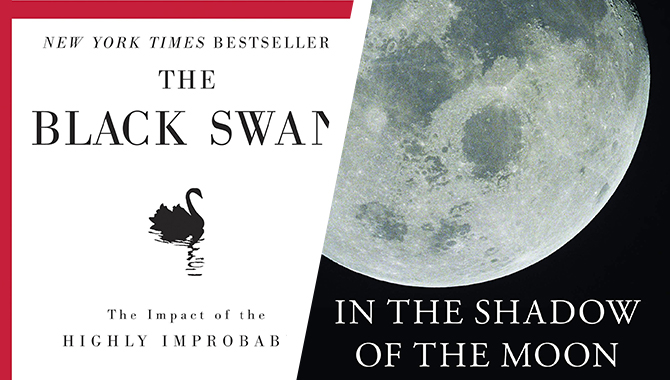Successfully sharing knowledge is complicated. To acquire knowledge, you have to have some idea of what you need to know, find a good source for that knowledge, figure out how the people (or documents) offering that knowledge understand the concepts involved, and work out how the knowledge applies to your own activities. An effective knowledge provider needs to understand the needs and assumptions of the knowledge seeker. For both seekers and providers, an important but often overlooked element of the process is listening. Here are three stories about effective listening.
Red Auerbach and the Celtics
Red Auerbach coached the Boston Celtics to eight consecutive NBA championships. There’s a bronze statue of him sitting on a bench in Boston’s Faneuil Hall marketplace—balding, stocky, holding his famous “victory cigar”—an ordinary-looking guy, but a basketball genius. Part of that genius was an extraordinary ability to communicate with his players. It’s true he had a loud voice, he was passionate, and he knew a lot about basketball. But the key to his effectiveness was his ability to listen.
Celtics star Bill Russell has said, “Red had the greatest of ears. After he talked to a player four times, he knew how to communicate with him.” Listening taught Auerbach how to talk to his players. He himself once said, “It’s not what you say; it’s what they hear,” putting his finger on an essential truth about communication: it only works when you understand the person you’re talking with and shape your words and manner to how he hears—that is, to how he thinks, what he cares about, and what he needs. The only way to understand those things is to listen.
Doctors and Patients
In How Doctors Think, Jerome Groopman notes that, on average, doctors interrupt their patients’ stories about their ailments within eighteen seconds. They interrupt not only because they are pressed for time but because they think they understand the problem; they have already made their diagnosis. Groopman tells stories of doctor error that show how dangerous jumping to conclusions and cutting off patients can be.
Groopman talks about how important it is to respect patients and understand that they know things about their own conditions that the doctor, for all his training, cannot know. Respecting the person you’re listening to—understanding that he or she has something to teach you—is important to all knowledge exchange. Equally important is being open to information that challenges your assumptions or hypotheses. Doctors who think they already know the answer often don’t hear contradictory data even when they appear to be listening.
Listening to an Employee
A talented young woman had worked on organizational development for a high-tech firm for three years. Although she enjoyed the work and liked the people she worked with, she was beginning to think it was time to move on—maybe to go back to school to get an advanced degree.
She had not yet told her boss what she was thinking, but he seemed to sense that she was getting ready to make a change. He came to her office one morning and said, “If you were able to define the perfect job for yourself at this company, what would that job look like?”
She thought for a few moments, then described a job with more responsibility and flexibility than her current position, one that would allow her to knit together organizational development efforts at multiple sites, to visit other organizations to understand their related activities, and to develop new learning programs that she had not had the time or influence to make happen.
“OK,” said her boss, “that’s your job.”
She stayed with the company for several years more, doing excellent work.









